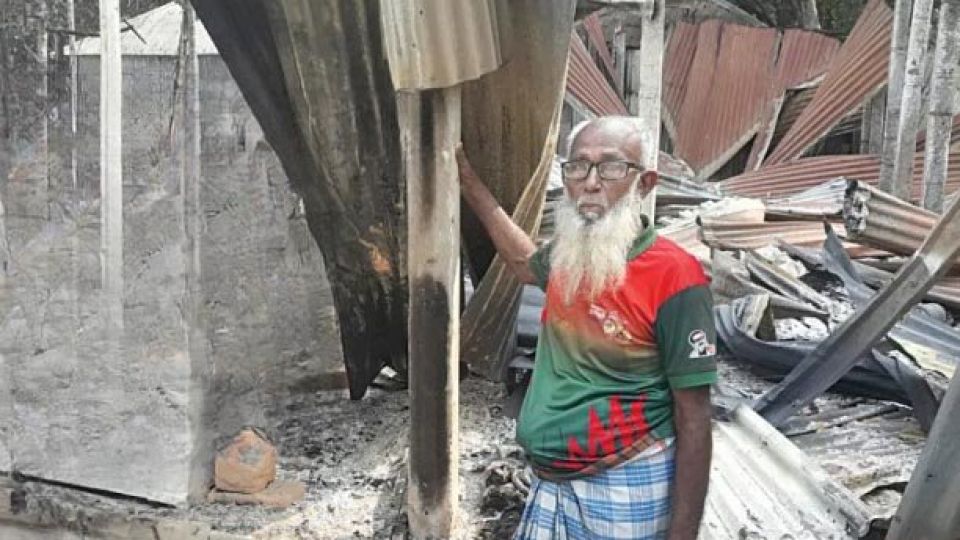March 7, 2023
DHAKA – In a country built upon a foundation of socialism, secularism, and democracy, no one should be subjected to violence or discrimination of any kind because of their beliefs, however “radical” that may seem. The constitutional right to speak and think differently, or to act in accordance with that belief, extends especially to the minorities. In recent decades, however, the political rise of extremist groups has resulted in growing intolerance of religious minorities as well as diversity of thoughts and beliefs, with devastating consequences so far. We witnessed the latest example of this on Friday, when the Ahmadiyya community, a minority sect of Islam, came under attack in Panchagarh following violent demonstrations by anti-Ahmadiyya protesters. Since then, panic has gripped residents of three villages of the district where members of this community live.
According to media reports, the demonstrations by Islamist protesters demanding cancellation of a three-day event of the Ahmadiyya turned violent after law enforcers halted them at different points of the Panchagarh city, leading to clashes and injuries. After that, a group of assailants descended on Ahmadiyya villages. Reportedly, one person was killed in the attacks, while some 150 houses were looted and vandalised before being torched. During a visit to the area on Saturday, our correspondent talked to at least two dozen victims who spoke of the horrors of seeing their ancestral homes and properties go up in flames. Among them were some freedom fighters, whose reaction to this sad transformation of the country they had helped liberate into a cauldron of violent extremism should be a wake-up call for our leaders.
Bangladesh is not the only place where the Ahmadiyya, also known as Qadiani, have faced attacks because of their beliefs. But the frequency and predictable nature of these attacks are quite worrying. In the last several years, the community has been holding their annual gathering called Jalsha Salana at Ahmednagar, Panchagarh, instead of at Dhaka’s Bakshibazar. What remained unchanged, however, is the near-routine resistance to their gatherings. Reportedly, there were also attacks during their 2019 Jalsha when their houses were vandalised, and security personnel had to be deployed to control the situation.
True, the Ahmadiyya hold views that contradict that of the adherents of major denominations of Islam. But the question is, why is violence being used or provoked as a means of protesting ideological differences? Evidently, Friday’s protesters were instigated, and a vested interest group exploited the situation by launching the attacks. This is deeply disturbing. What we need to understand is that, in a democracy, the only way we can address differences of opinion, either in political issues or religious, is through discussion and dialogue – not through violence.
This must be the message that the higher authorities send out strongly going forward. They must critically examine why, despite all talk of peace and communal harmony in the country, violence continues to be the preferred medium of communication in ideological issues. The local administration should also take all measures to ensure the safety of Panchagarh victims and their prompt rehabilitation. They must take firm action against the orchestrators of the attacks.


